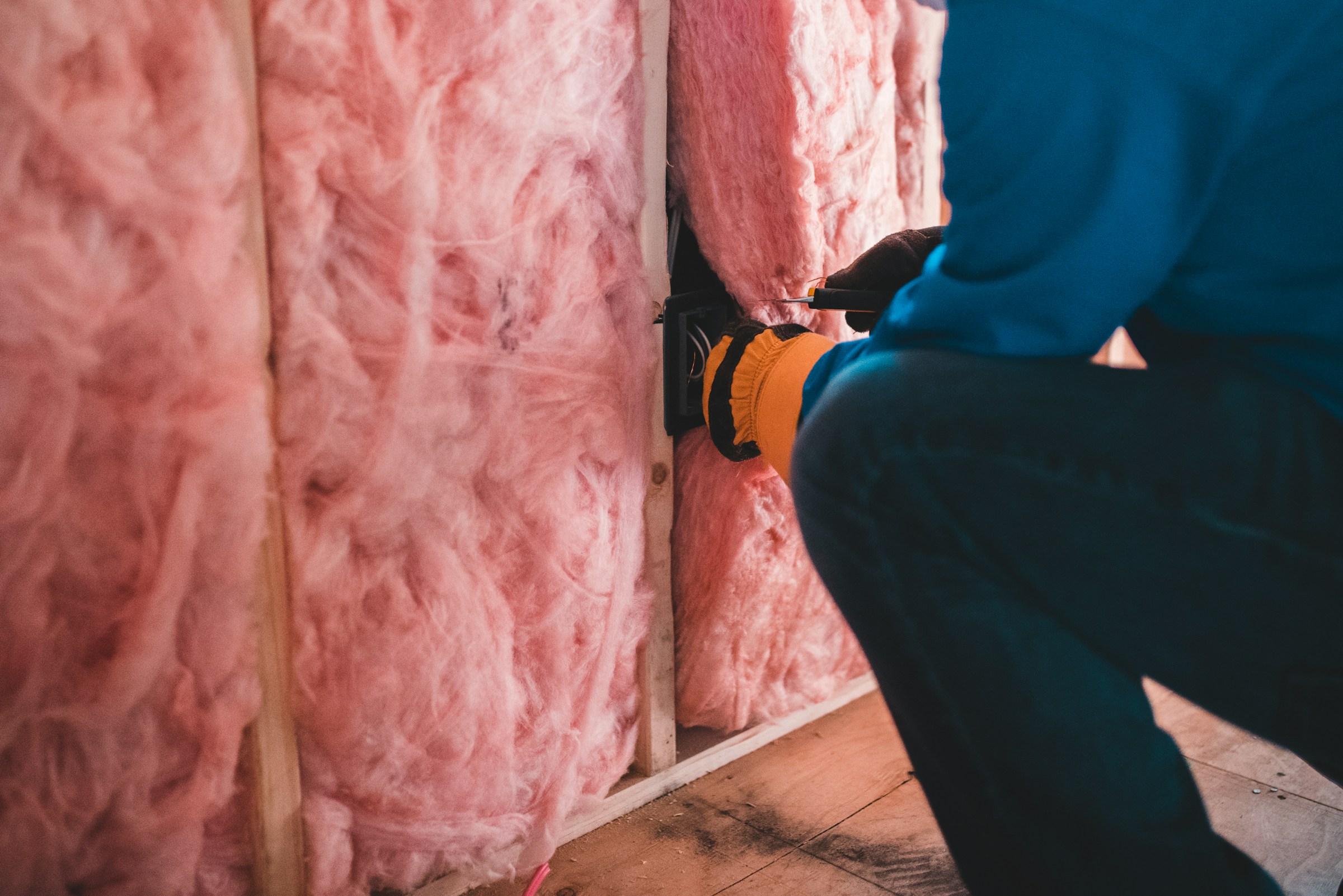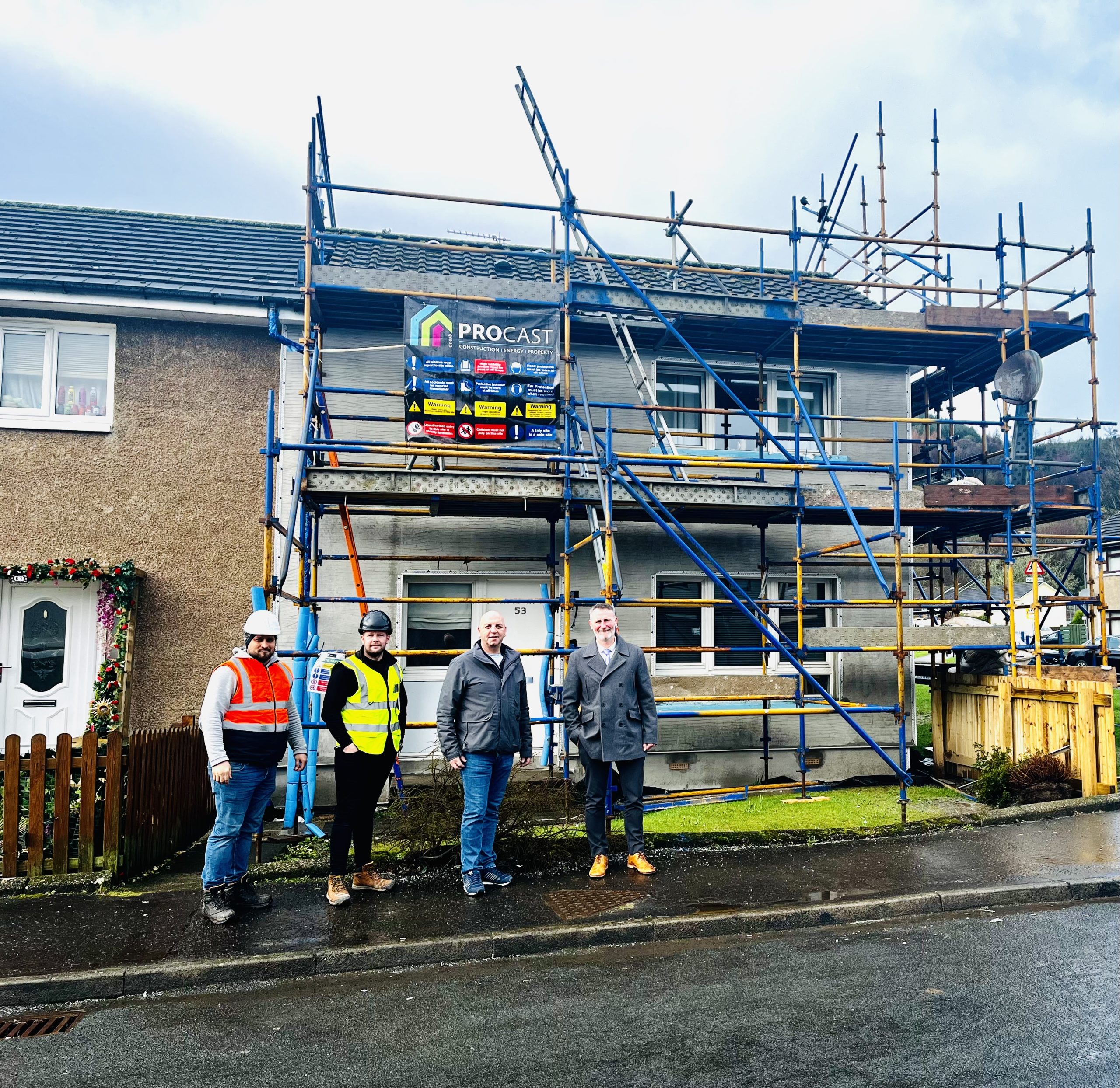Retrofit Research Project to Improve Heat Efficiency

It has been announced that research will use the UK Living lab project to monitor and build an understanding of the effectiveness of different measures for improving heat efficiency in existing homes.
The research will bring together academic experts, energy providers, and building specialists to analyse and understand the key barriers which need to be overcome to deliver more efficient heat.
Marking a partnership between researchers at University College London and Oxford University, E.ON, and the Energy Systems Catapult, the Homes for Net Zero research programme will explore specifically the retrofit sector.
A selection of Living Lab homes will see low-cost measures introduced to them
Simon Elam, Director of the Smart Energy Research Lab at University College London, expressed that collaboration with the other project partners will be key to transforming the UK’s current housing stock, and added: “It is clear that small, incremental, and low-cost measures will be important steps on the path to net zero for many homes across the UK.”
A focus of the research will be on monitoring the impact of a range of retrofit interventions intended to improve the efficiency of domestic heating systems. The data generated will be used to build evidence about the different approaches to cut energy demand for heating and how best these can be used.
The research will be conducted within a network of 2,500 homes that are currently used as part of the Energy Systems Catapult’s Living Lab project.
It provides an environment to test different technologies, services, and products in a mix of housing types that are connected via a digital platform to share performance data for research.
The first phase of the project will see partners introducing low-cost and low-disruption measures to a select number of Living Lab homes.
These measures could include improvements in heat system efficiency, loft insulation, and changes in user behaviour.
Data provided from smart metres, air quality monitoring, and measuring boiler output information will be used to help understand some of the most effective impacts in different property types to cut heating demand.
Funding is being provided by the UK Government
Rebecca Sweeney, Business Leader of the Energy Systems Catapult’s work on homes, said: “Consumer demand for low carbon alternatives and energy efficiency measures is rising. Despite this, many are confronted with high costs and complex decision making.”
Continuing, she explained that the research project would aim to find practical steps to retrofit existing homes: “The UK has a reputation for cold, leaky, inefficient homes. The Homes for Net Zero project aims to understand how we can best help retrofit for net zero.
“By using a combination of quantitative and qualitative data, we can build a picture of real-world energy use and consumer behaviour to give a clear picture of how consumers use energy and the impact the fabric of their property has on this consumption.”
The Department of Energy Security and Net Zero is providing funding for the project to tackle what the research partners state is a lack of real-world information about the different options to improve the efficiency of heating systems in existing properties.
In addition, the research will examine properties such as owner-occupied, gas-heated homes with solid walls.
The project aims to inspire customers to make greener choices
Chris Norbury, E.ON UK Chief Executive, said that the collaboration will help to build confidence in the potential of sustainable homes: “We’ve consistently said the greener choice should be the cheaper choice because we know that better homes are cheaper to run, they are healthier and more comfortable to live in, and by producing lower emissions they have less impact on our planet.
“Our aim with this project and our partners is to further understand how we can encourage and inspire customers, particularly those in harder-to-treat properties, to make those greener choices and make their homes fit for a more sustainable future.”
Research like the work the UK Living lab project is doing is fundamental to showcasing the need to move to greener housing and to transform the UK’s existing housing stock to meet not only the current housing demand but the country’s net zero target.

